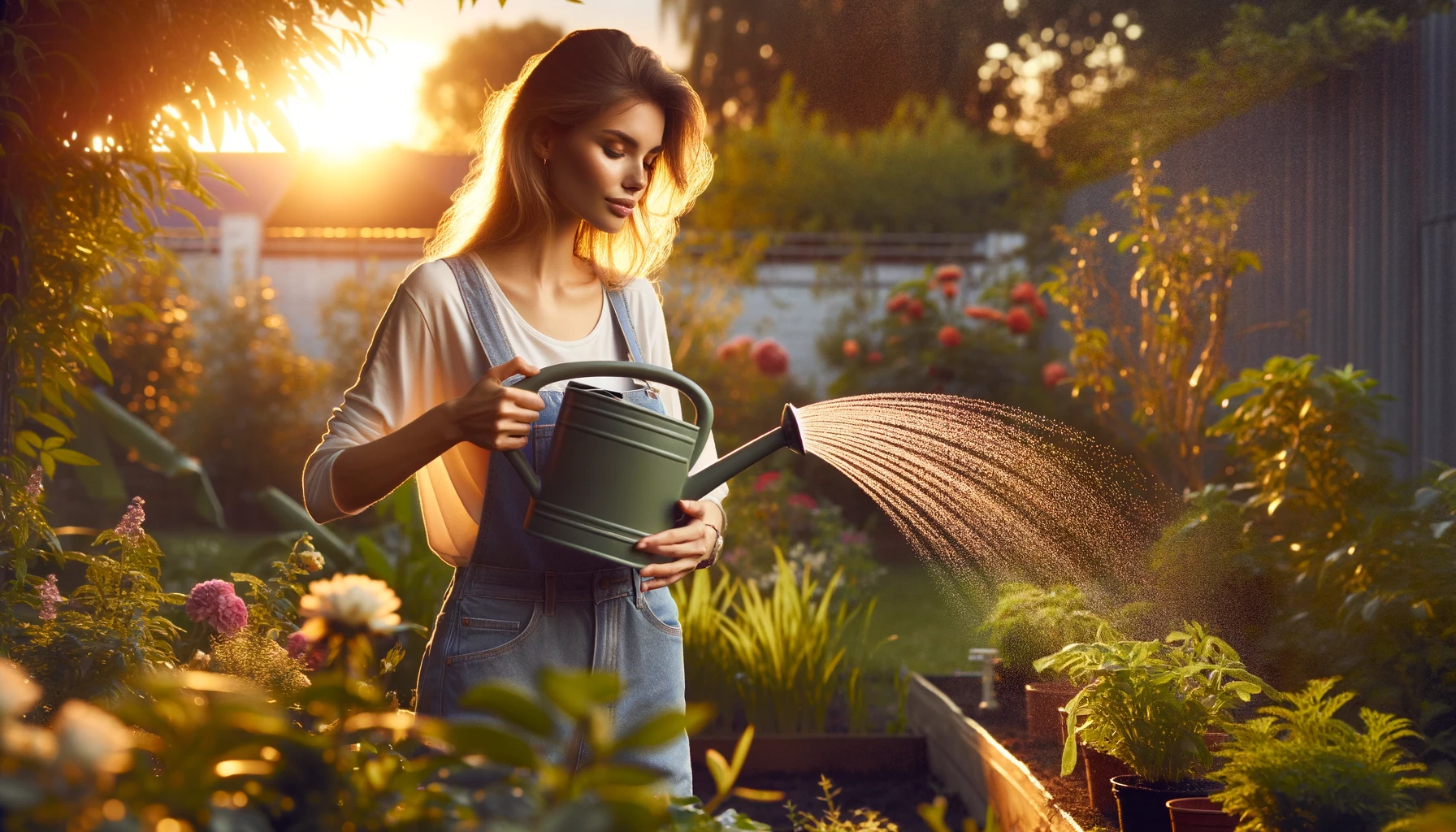Harmful Tips: Top 5 Popular Misconceptions that Will Ruin Your Harvest
Gardening is not only hard work, but also a huge number of tips passed down from generation to generation. Many of them really help to get a rich harvest, but some of them are hopelessly outdated or even harmful to plants. Nevertheless, gardeners continue to follow these recommendations without considering further dire consequences.
This situation is something like collecting old coins, for example, if you have a handful of nickels and decide to “find out how much is a 1948 nickel worth”, it may turn out that some specimens are worth a lot of money, while others are of no value at all. It's the same with gardening tips: not all of them are equally useful, and before you put them into practice, you should make sure that they won't harm your plants.
Today we are going to analyze the top 5 harmful tips that can seriously damage your garden, and tell you how to take care of your plants properly, not only to save your harvest, but also to improve its quality.
The Myth of Burying Nails and Coins for Fertilization
There is a common myth that burying rusty nails or old coins in the ground will enrich the soil with iron and other minerals. This is because iron is important for plant growth and rust is its oxidized form. But it is far from the truth, as this method has no effect on soil quality (and can even harm plants).
Rusty nails release iron too slowly for it to have any tangible benefit. And metals such as copper and zinc from coins can accumulate and become toxic to roots. It is more efficient to use iron chelates or add iron-containing waste materials, e.g., banana peels and coffee grounds, to your compost. If your plants have yellow leaves with green streaks, it is better to choose a proven fertilizer such as ferrous sulphate.
And if you have old coins, don't rush to bury them! Perhaps among them there are valuable specimens. Instead of sending them into the ground, check their value with the Coin ID Scanner - what if you have a real piece of jewel in your hands?

The Dangers of Daily Watering
Many gardeners think plants need daily watering to stay healthy, but too much water can be just as bad as too little. Overwatering causes root choking, stimulates fungal growth, and makes plants less drought tolerant.
When soil stays too wet, roots don’t grow deep because they don’t have to search for water and this leads to weak plants that struggle with stress and disease. Tomatoes, cucumbers, and roses are especially prone to fungal infections from excess moisture.
Instead of sticking to a strict watering schedule, you may pay attention to each plant’s needs. Watering deeply but less often helps roots grow stronger. A simple way to check if your plants need water is to stick your finger an inch into the soil - if it is still moist, wait another day. You may also consider watering early in the morning or late in the evening to reduce evaporation, and add mulch to help soil stay hydrated longer.
Gardening hack: Use an empty wine bottle as a self-watering system. Fill it with water, flip it upside down, and push the neck into the soil near your plant. It will slowly release moisture, keeping the soil damp without overwatering.
The Dish Soap Disaster: Why It’s Not the Best Pest Control
Gardeners love easy, budget-friendly pest control tricks, and one of the most popular is mixing dish soap with water to kill aphids, mites, and other bugs. It sounds logical - soap cuts through grease, so why not pests?
The problem is that most dish soaps contain harsh detergents that can harm plants. While they may kill some insects, they also strip leaves of their natural oils (making plants more prone to sunburn, dehydration, and disease). Delicate plants like ferns, roses, and tomatoes are especially at risk, often ending up with shriveled or burnt leaves.
A better attitude? Try these safer pest control methods:
Insecticidal soap kills pests without harming plants.
Neem oil disrupts insect reproduction without affecting bees or ladybugs.
Natural predators - lacewings and praying mantises help keep pests in check.
Quick tip: Check the underside of leaves often - many insects lay eggs there. Spotting them early can prevent bigger infestations and save your plants!
The Sand and Clay Soil Myth: A Recipe for Disaster
Many gardeners think that adding sand to heavy clay soil will improve drainage, but it actually makes things worse. Instead of loosening the soil, the mixture turns into a cement-like mass that traps water and blocks air flow.
Clay soil is already dense, making it difficult for roots to grow and breathe, so adding sand only fills in tiny air pockets that could help with drainage, creating an even denser and waterlogged environment. The real solution is organic matter: compost, well-rotted manure, or shredded leaves. These materials improve soil structure, stimulate microorganisms and create space for free air and water movement. Raised beds can also help in areas with naturally compacted soil.
Gardening hack: Stick a garden fork halfway into the soil and gently wiggle it. This creates air channels, improving drainage without disturbing plant roots!
The Overcrowding Trap: Why More Plants Doesn’t Mean More Harvest
Many gardeners think cramming more plants into a small space will lead to a bigger harvest. But in reality, overcrowding causes stunted growth, higher disease risk, and lower yields.
When plants are too close together, they can start fighting for nutrients, water, and sunlight. Instead of thriving, they struggle - producing smaller fruits and weaker stems. Poor air exchange will also promote an ideal breeding ground for fungal infections (powdery mildew and rubella). Incidentally, tomatoes, cucumbers and peppers are particularly vulnerable to this problem.
The key to a healthy garden is proper spacing. Each plant has an ideal distance for its roots to spread and absorb nutrients. If space is limited, vertical gardening with trellises and stakes can help.
Gardening hack: To check the distance between plants, use the “hand test” - put your hand between two plants. If you touch both at the same time, they are too close! Early thinning of seedlings will also help you prevent crowding and promote stronger growth.

Trust but Verify!
Gardening is both hard work and care, but also the ability to filter information. Tips passed down from generation to generation do not always work in today's environment. So before you follow popular recommendations, think about whether they help or only complicate the life of your plants? After all, a good harvest is not about magic or outdated know-how, but a competent attitude based on real knowledge and observations.





Leave a Comment